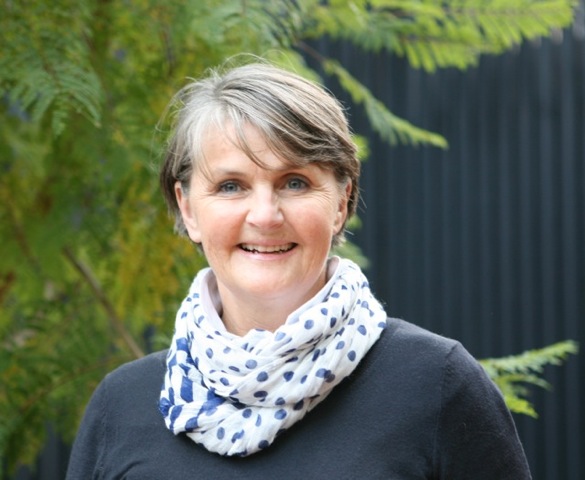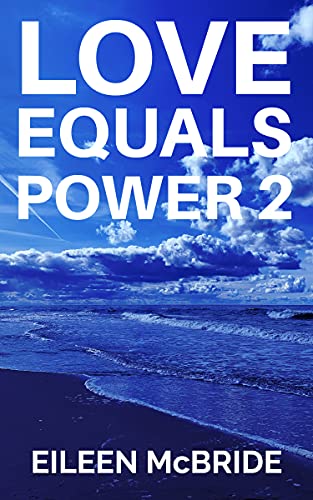I was recently asked this interesting question. Because it is my understanding that we are actually spiritual beings having a temporary human experience, thus we are all living a spiritual life, whether we are conscious of it or not.
The first thing to address is what exactly constitutes a spiritual practice. Every thought, word or action that brings us in alignment with our true spiritual nature is a form of spiritual practice: love, forgiveness, kindness, compassion, patience, gratitude, as well as all efforts to avoid expressions of low energy emotions like hatred, revenge or abuse of power (personal, emotional and political), all of which bring spiritual dividends in the form of peace, joy and well-being.
I suspect, though, this question has more to do with whether we can live happily without a conscious spiritual practice of prayer and meditation. It seems to me that we can, until we can’t.
What brings most of us who do not have an intentional practice is a life experience or problem for which the human realm has no solution. It is often only when we are taken to the brink of hopeless desperation, brought to our knees by relentless pain and suffering, that the desire for new answers arises in us.
It might be useful to resort to an analogy here, because the common perceptions of prayer and meditation have been distorted by most conventional religions, and it might be helpful to see these concepts through a different lens.
Imagine the world as a large Montessori classroom where everything in the room exists for our learning and growth, and each activity is presented only when the teacher perceives that we have the emotional, physical and intellectual readiness to ensure mastery and success.
As the student, it is important that we pay attention and listen to the teacher when she explains how to master the activity and provides all the information we need to accomplish the task. Our first attempts at the task reveal the gaps in our knowledge and so we go back to the teacher for further explanation, assistance, and even encouragement and support.
Prayer is the means for seeking assistance. If we don’t ask for help the “teacher” is not necessarily aware that we desire assistance, that we want to figure it out on our own - this is the position of the person who does not have a conscious spiritual practice.
As I understand it, the rule of Free Will dictates that the Higher Beings cannot intervene unless, and until, we consciously and specifically ask for help, thus we cannot avail ourselves of that help until we ask for it.
Meditation is the process by which we listen to what our Higher Self is saying to us, and are able to receive the information and help being given us. Because the language of Spirit mostly comes in the form of symbol and metaphor it is crucial that we work to establish a “language” with our Higher Self so that communication can be two-way.
Thus it is through prayer and meditation we set up the communication channels and ultimately, through trial and error and experience, agree with our Higher Self on the meaning of particular symbols for us, to gradually create a unique and specific language for our growth and help. However, we must first appreciate the need for such an active and dynamic communication, as well as the language which enables it. The second stage is actually establishing the language itself.
Once we are aware of how this process works and we have learned to “read” the signs, we come to see that these “signs” come in a multitude of ways: number patterns, song lyrics, dreams, things people casually say to us, flashes of light (literally), flashes of intuition, gut feelings, chills and shivers, etc.
To the uninitiated these all seem to be random data points with no connection or meaning, but to the initiated these are the means by which we can access information, inspiration, and assistance that are completely inaccessible by any other means. Thus a spiritual practice is the most important life tool and skill set we can acquire if we have any desire to understand the true meaning of life, and master it.

